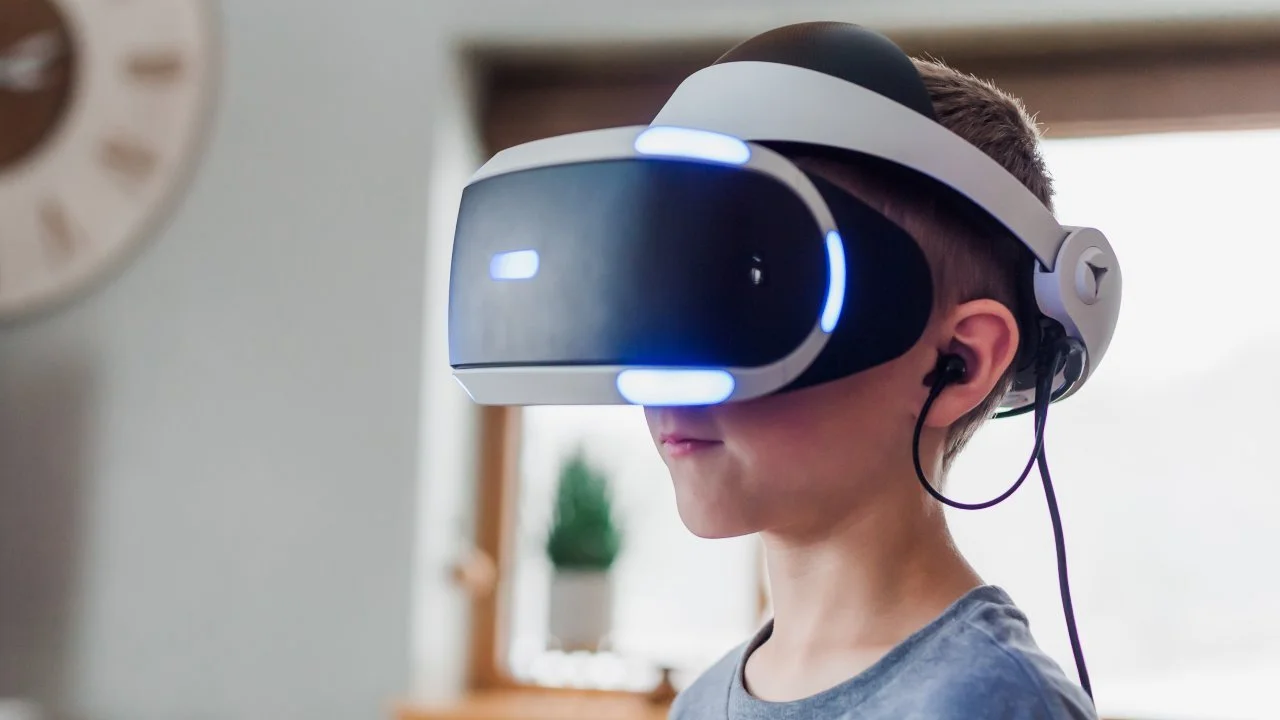Video games and academics have traditionally been viewed as two separate categories. The conventional wisdom has held that if students engage in video games at the expense of studying or completing school assignments, their academic performance might suffer. This perspective positions video games as more of a hindrance to academic success than a potential aid.
However, this viewpoint is being challenged by recent studies suggesting that gaming can actually boost academic performance. With the right balance and approach, video games could serve as a unique form of high-quality research paper assistance, helping students develop critical thinking and problem-solving skills that are crucial for academic success.
The Concept of Using Video Games to Boost Academic Performance
The concept of using video games to boost academic performance is a modern approach to education that has been gaining traction in recent years. This method, often referred to as “game-based learning” or “educational gaming” involves the integration of video games into teaching strategies to enhance student’s learning experiences.
Research suggests that video games can have several benefits when it comes to education. Here are some ways this innovative approach can help boost academic performance:
Engagement and Motivation: Video games are interactive and fun, which can significantly increase students’ engagement and motivation to learn. When learning is enjoyable, students are more likely to be invested in their education and strive to achieve their academic goals.
Critical Thinking and Problem-Solving Skills: Many video games require players to think critically and solve problems to progress. These skills are directly applicable to multiple academic subjects and can help students improve their performance in these areas.
Improved Memory and Cognitive Function: Games often involve complex rules and narratives that players need to remember. This can help improve memory and cognitive function, which are essential for academic success.
Real-World Application: Some educational games are designed to mimic real-world situations, enabling students to apply what they’ve learned in the classroom to practical scenarios. This can deepen their understanding of certain topics and enhance their ability to apply knowledge in real-world contexts.
Individualized Learning: Video games can often be tailored to a player’s skill level, providing an individualized learning experience. This allows students to learn at their own pace, which can lead to better comprehension and retention of information.
How Different Game Genres Can Affect Academic Grades
Different video game genres can have varying impacts on academic grades, as they often emphasize different skills and cognitive processes. Here’s a look at how a few popular genres might influence educational outcomes:
Strategy Games: Titles like Civilization or StarCraft require players to plan, manage resources, and make decisions based on a variety of factors. These games can help improve strategic thinking and problem-solving skills, which can be beneficial in subjects like mathematics, economics, and science.
Puzzle Games: Games like Tetris or Candy Crush involve pattern recognition, spatial reasoning, and quick decision-making. These skills can be particularly useful in subjects that involve complex problem-solving, such as math and physics.
Educational Games: Games explicitly designed for educational purposes, like the Kerbal Space Program or Minecraft: Education Edition, can directly impact academic grades. They often align with curriculum standards and offer an engaging way to learn a specific subject.
Adventure/Role-Playing Games (RPGs) often involve intricate narratives and character interactions. They can enhance reading comprehension, empathy, and social awareness, benefiting subjects like literature, history, and social studies.
Simulation Games: Titles like The Sims or RollerCoaster Tycoon allow players to create and manage virtual environments. These games can foster creativity, resource management, and strategic planning, skills useful in a range of subjects.
Action Games: Fast-paced games like Call of Duty or Fortnite can improve reaction times, hand-eye coordination, and multitasking abilities. While these skills may not directly correlate with academic subjects, they can contribute to overall cognitive function.
The Psychological and Physiological Benefits of Gaming for Educational Achievement
The integration of gaming into educational systems has brought about a myriad of psychological and physiological benefits, playing a significant role in enhancing educational achievement. Here’s a deeper look into how gaming influences both psychological and physiological aspects of learning:
Psychological Benefits:
Enhanced Cognitive Functioning: Gaming often involves complex problem-solving, strategic planning, and critical thinking, all of which contribute to improved cognitive functions. This can lead to better academic performance, as these skills are directly applicable to many academic subjects.
Increased Motivation and Engagement: The interactive and engaging nature of video games can increase students’ motivation to learn. When students are actively engaged, they’re more likely to absorb and retain information.
Improved Mood and Reduced Stress: Many studies find that gaming can boost mood and reduce stress levels, creating a positive mental state that’s conducive to learning.
Promotion of Teamwork and Cooperation: Multiplayer games encourage teamwork and cooperation, essential soft skills that can enhance interpersonal relationships and collaborative projects in an academic setting.
Physiological Benefits:
Enhanced Hand-Eye Coordination: Fast-paced games require quick reactions and precise movements, which can improve hand-eye coordination. This skill might not directly impact academic performance but contributes to overall motor skills development.
Physical Activity: Active video games or ‘exergames’ promote physical activity, helping to improve physical health. Better physical health can lead to improved concentration and stamina for learning.
Improvement in Visual-Spatial Skills: Gaming can enhance visual-spatial skills, critical in subjects like geometry, art, and architecture.
Heart Rate Variability: Some studies suggest that certain video games can lead to better heart rhythms, indicating reduced stress and increased mental agility.
Potential Issues That Might Arise
While incorporating video games into education can offer numerous benefits, it’s also important to consider potential issues that may arise from excessive gaming, even when used for educational purposes.
Physical Health Concerns: Prolonged periods of sitting and screen time can lead to a sedentary lifestyle, which is associated with various health problems, such as obesity, poor posture, and eye strain.
Mental Health Issues: Excessive gaming can lead to addiction, with some students potentially prioritizing gaming over other important activities. This could result in anxiety, depression, or other mental health issues, particularly if gaming starts to interfere with sleep patterns or social interactions.
Decreased Social Skills: While many games are interactive and can improve teamwork skills, excessive gaming can also result in decreased face-to-face social interaction, which could hinder the development of social skills.
Academic Neglect: If not managed properly, gaming can become time-consuming.
Inadequate Diversification of Learning Methods: Relying too heavily on gaming as an educational tool might limit exposure to other effective learning methods and experiences. Traditional methods like reading, writing, and hands-on activities still play a crucial role in a balanced education.
Content Concerns: Not all games are suitable for all ages or have educational value. There is a risk of exposure to inappropriate content, violence, or negative behavior if games are not carefully chosen.
Summarizing Key Points
Integrating video games into education, also known as game-based learning, can boost academic performance. Video games can increase student engagement, motivation, and critical thinking and problem-solving skills. Educational games can mimic real-world situations and provide individualized learning. Different game genres can influence academic outcomes in various subjects, such as strategy games for math, economics, and science.
Psychological benefits of gaming include improved cognitive functioning, motivation, mood, and teamwork skills. Physiological benefits include enhanced hand-eye coordination, visual-spatial skills, and heart rate variability. Potential issues to consider are physical and mental health concerns, decreased social skills, academic neglect, inadequate diversification of learning methods, and content concerns.





















